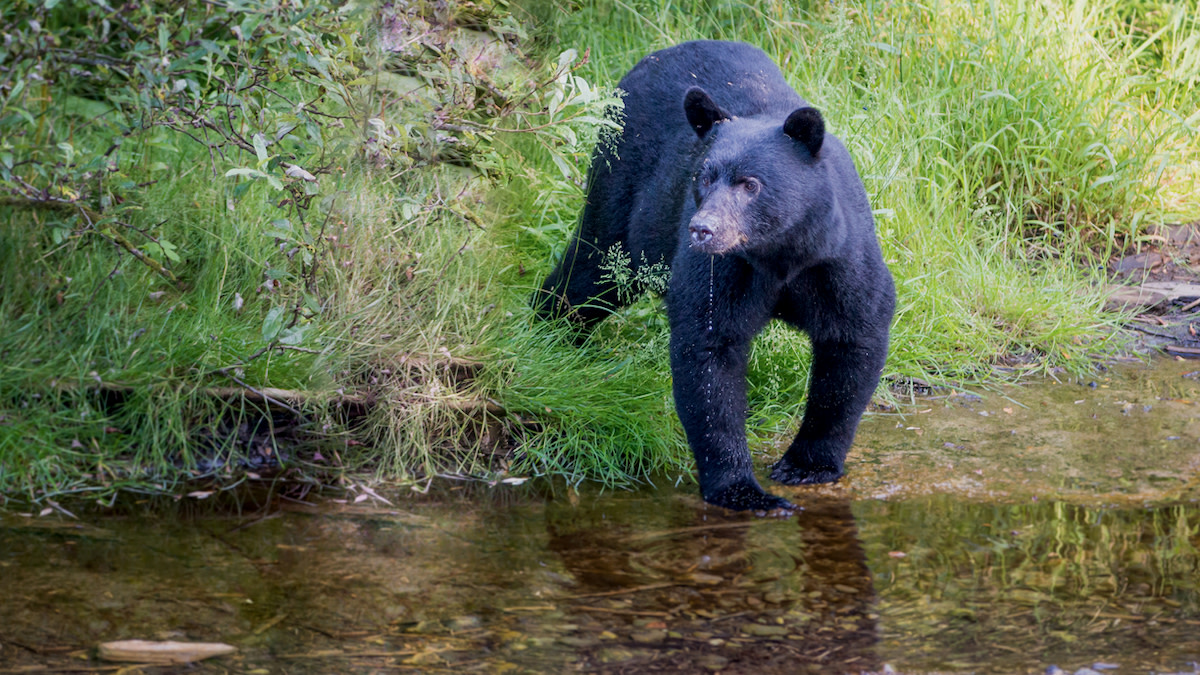
A 35-year-old man herding sheep in the Weminuche Wilderness above Lemon Reservoir, located roughly 23 miles northeast of Durango, Colorado, was attacked by a black bear at 1 a.m. on July 11.
According to a press release from Colorado Parks and Wildlife (CPW), the herder woke to sheep disturbed by a black bear and fired a .30-.30 caliber rifle at the bear. The bear, apparently, was not put down by this effort and attacked the man.
Luckily the herder was able to escape the grips of the bruin, crawl back to his tent and contact his cousin, who then got a hold of emergency services. Emergency medical services airlifted the man to the nearest hospital, where he was treated for bite wounds to his head, wounds to his left hand and arm, along with severe lacerations to his left hip area, and scratches on his back.
CPW was notified of the attack at 4 a.m., and three officers arrived at the scene by 8:30 a.m. While the officers immediately found a blood trail, the victim's gun, and two dead sheep with wounds indicative of bear depredation, they needed backup to track down the bear itself. CPW contacted an agent from the U.S. Department of Agriculture’s Animal & Plant Health Inspection Service (APHIS) with a team of dogs to search for the bear.
By 5 p.m., the dog team arrived on the scene and quickly picked up the track of a bear heading up a creek drainage to the Florida River. Officials used GPS collars to follow the dogs, and at 10:53 p.m., the APHIS agent shot and killed the bear.
It’s CPW policy to euthanize a bear after interacting with a human like this. “This is a difficult part of the job,” CPW Area Wildlife Manager Adrian Archuleta said. “But when it comes to injuries to humans as a result of a predator attack, human health and safety is our top priority.”
The bear was an 8-year-old boar weighing an estimated 250 pounds. CPW discovered sheep wool in the animal’s stomach and wounds to the chest but could not determine whether they came from the .30-.30 at the scene. Officials took DNA tests from the victim, bear, and around the scene to confirm if this was, in fact, the bear responsible for the attack.
“Until we get results back from the lab regarding DNA testing, we can’t 100% confirm that this is the offending bear,” Archuleta said. “But based on the information we have at this point, we feel confident that it is the offending bear.”
While black bears are not known to be as aggressive as grizzlies, there have been a few recent incidents of fatal black bear encounters in North America.
“This is an unfortunate incident and we are thankful the victim was able to contact help to get emergency services deployed and that he was able to be extracted to receive necessary medical care,” Archuleta said.




